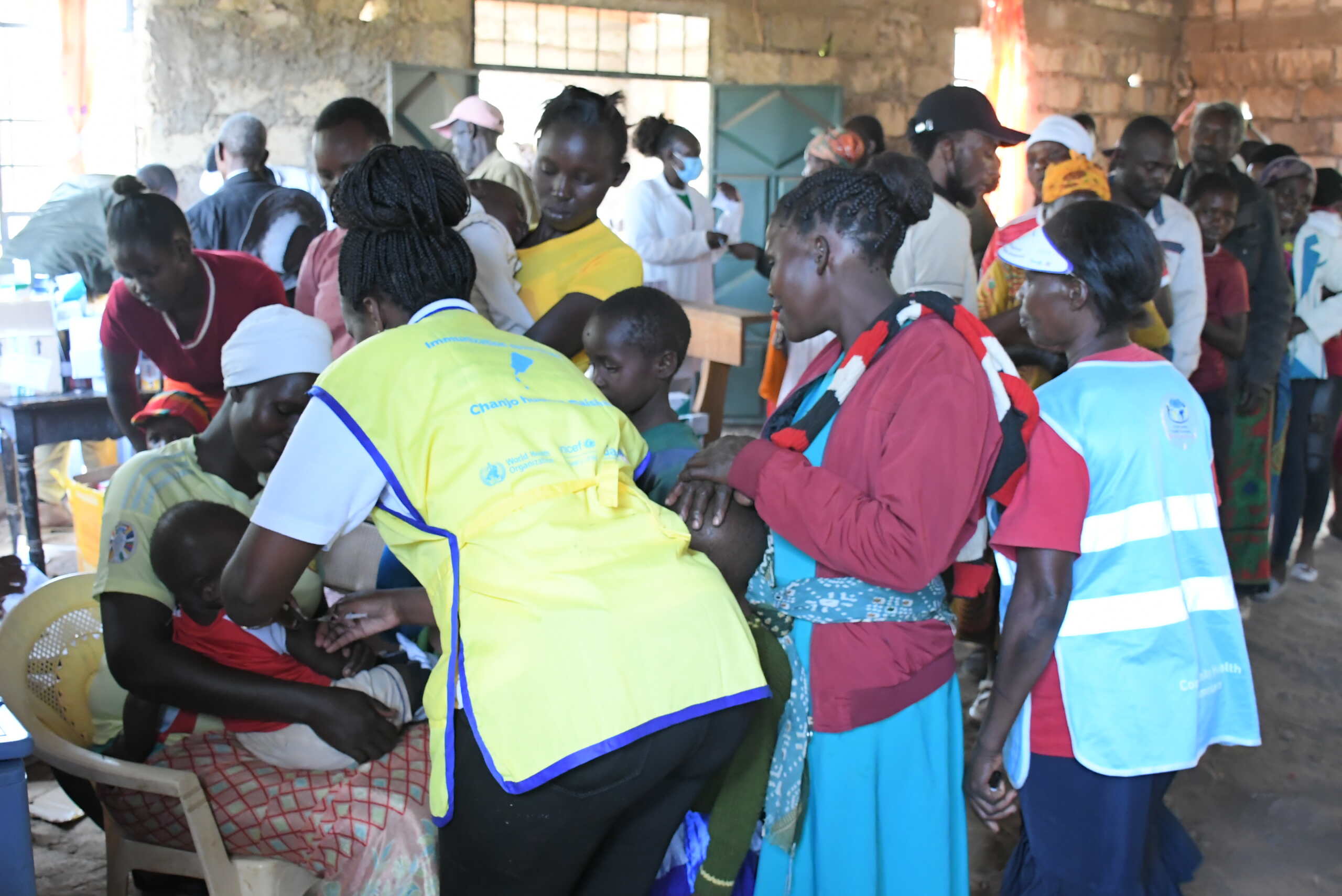Five things organisations should think about when supporting OPDs in capacity strengthening
Iag, Stories | February 18, 2025
Strengthening the capacity of organisations of people with disabilities (OPDs) is crucial for fostering empowered communities. This has been a significant focus of CBM’s work.
As Australian NGOs consider how to better support OPDs, these are some pointers to consider:
- Support OPDs in what they want to do: The most effective capacity strengthening initiatives are those that align with the goals and aspirations of the OPDs themselves. Sounds obvious, but we see many OPDs being funded to do what donors want them to do, instead of being funded to achieve their own strategies and mission. This requires understanding of the different types of support OPDs might need and the avoidance of a ‘one size fits all’ approach.
- Coordinate support to avoid overwhelm: OPDs often receive support from multiple organisations and donors. Ensure you’re aware of what other organisations are doing and collaborate to create a complementary support structure. This helps prevent duplication of efforts and ensures that OPDs can manage their resources and time effectively.
- Contribute to cover OPDs’ core costs: Effective capacity strengthening goes beyond project-specific funding. It’s important to contribute to core costs, such as rent, lighting, computer software, and payroll for core staff including those working in internal capacities such as accounts, administration, communications, and support roles, which sustain OPDs but are often not funded. Core costs also include support to improve skills and capacities around organisational operations, such as governance, finance, human resources, reporting and work planning, as well as technical expertise.
- Fund reasonable accommodations: Supporting OPDs means recognising and addressing barriers they face in accessing your support. This includes providing adequate funding for reasonable accommodations, such as screen readers for people with vision impairment, the extra cost of transportation for people with disabilities where needed or hiring sign language interpreters for Deaf staff and program participants. Ensuring your support is accessible and inclusive demonstrates a commitment to disability rights and means that people with different impairments within OPDs don’t miss out on capacity strengthening opportunities.
- Adapt our reporting and accountability systems: Consider which of your compliance standards you expect less established OPDs to meet, and in what formats, and whether they should differ from what is expected of other more established partners. The risk is that if they cannot meet them, they are potentially left behind. Consider how your organisation’s requirements and processes – manuals, instructions, templates – could be simplified, and ensure these processes and information is fully accessible. And take more time to work with OPDs so they are stepped through the process of what is required.
By focusing on these five key areas, your organisation can offer meaningful support to OPDs, helping them building their capacity and advance their mission in a respectful and effective manner.
For more insights on partnering with OPDs, fostering disability inclusion, and our key commitments to OPD engagement, visit our overview on CBM’s website.
https://www.cbm.org.au/iag/five-things-organisations-should-think-about-when-supporting-opds-in-capacity-strengthening
Related Stories

Coordinating inclusive health outreach in Meru County
For many households in Meru’s rural and remote areas, basic health services are physically...

Share your advocacy preferences with us
Thank you for helping us to advocate for the one billion people with disability globally. CBM Australia advocate across...

Advent 2025: Jesus’ way leads to fullness
The way of Jesus gives people freedom and empowers them to live out their God-given purpose. The last few weeks...
